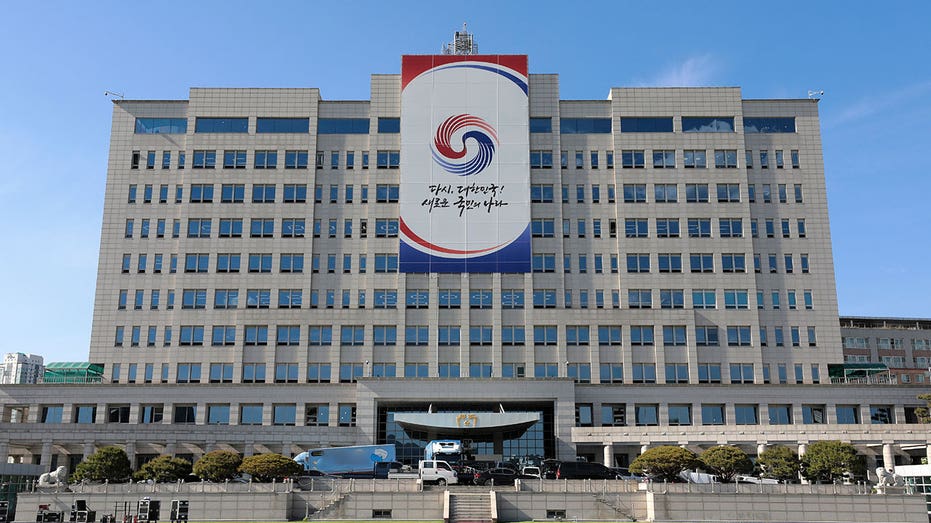South Korea says relations with Cuba would send 'political and psychological blow' to North Korea
South Korea's presidential office said that establishing diplomatic relations with Cuba would deliver a "political and psychological blow" to North Korea.

South Korea’s presidential office claimed Thursday that the country’s move to establish diplomatic relations with Cuba would deal a "political and psychological blow" to the South’s war-divided rival North Korea, whose diplomatic footing is largely dependent on a small number of Cold War allies.
The comments followed an announcement by South Korea’s Foreign Ministry on Wednesday night that it has agreed to open ambassador-level relations with Cuba following a meeting between their United Nations representatives in New York.
With authoritarian leader Kim Jong Un embracing the idea of a "new Cold War," North Korea has recently been boosting the visibility of its ties with Russia and China in an effort to break out of isolation and join a united front against Washington amid tensions over its nuclear weapons ambitions. North Korean state media has yet to comment on the South Korea-Cuba agreement.
SOUTH KOREA ALLEGES THAT NORTH KOREAN HACKERS BREACHED PERSONAL EMAILS OF PRESIDENTIAL STAFFER
A senior South Korean presidential official, speaking to reporters in Seoul, noted that North Korea has traditionally portrayed its relations with Cuba as "brotherly ties" and said the opening of diplomatic relations between Seoul and Havana would "inevitably deal a significant political and psychological blow" to Pyongyang.
The official, who spoke on condition of anonymity during a background briefing, as according to department rules, said the government of President Yoon Suk Yeol had been actively working to establish ties with Cuba, but that Cuba was initially hesitant because of its relations with North Korea.
Cuba has maintained close relations with North Korea since the 1960s and has an embassy in Pyongyang.
"The opening of diplomatic ties (with Cuba) is a culmination of our efforts to expand our diplomacy to nations that had been part of the socialist bloc, including countries that have been friendly to North Korea," the South Korean official said. "It clearly shows where the main tide lies in the flow of history, and also who is involved in that main tide."
The official said South Korea informed the United States in advance of its decision to open relations with Cuba. The U.S. currently maintains an economic embargo of Cuba that was first imposed in the 1960s, following the revolution led by Fidel Castro and the nationalization of properties belonging to U.S. citizens and corporations.
KIM JONG UN THREATENS ATTACKING, 'OCCUPYING' SOUTH KOREA IN EVENT OF CONFLICT
Lim Soosuk, a spokesperson for South Korea’s Foreign Ministry, said Cuba had been the only nation in the South American and Caribbean region that didn’t have official ties with Seoul. He said the opening with Cuba will allow new business opportunities for South Korean companies and make it easier for South Korea to provide consular assistance to its nationals in that country.
"In the future, our government will actively engage in further discussions with the Cuban government to promote friendship, including opening embassies mutually," said Lim. He refused to provide details on the discussions between South Korean and Cuban diplomats leading up to the agreement in New York.
Tensions on the Korean Peninsula are at their highest point in years, after Kim dialed up North Korean weapons demonstrations and issued provocative threats of nuclear conflict toward rivals in recent months. In a parliamentary speech last month, Kim declared that North Korea is abandoning its long-term objective of reconciliation with South Korea and threatened to annihilate the South with nukes if provoked.
What's Your Reaction?















